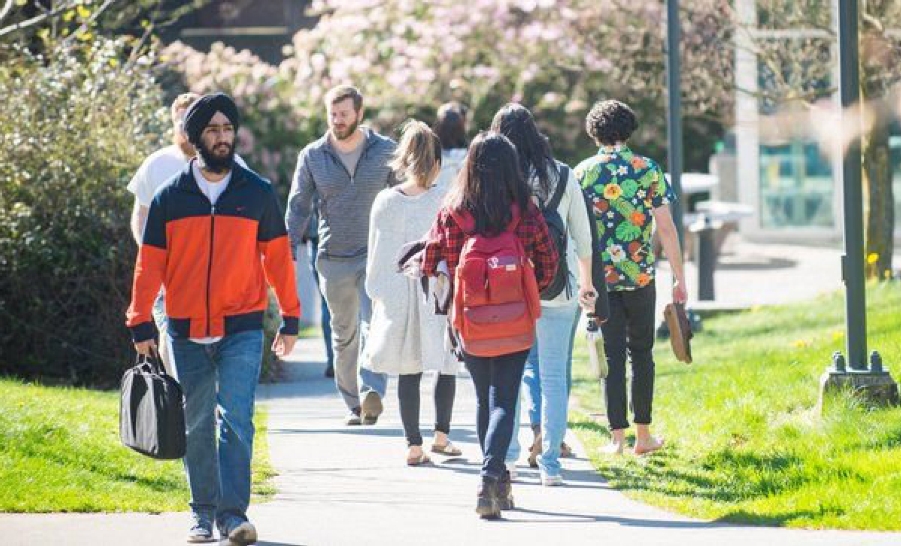Toward a nuanced understanding of first-generation students
This study details a new continuum that better captures how students are differentially positioned in social space, and identify three clusters based on their capacity to mobilise capital.
Ivemark & Ambrose / Sociology of Education / May 2021

In recent years, research has brought attention to the heterogeneity of resources that first-generation students bring with them to higher education and the factors that assist in these students’ social and academic adjustment to university life. However, few studies have focused on how these students’ early socialization and experiences over the life course influence their adjustment experiences to university. Drawing on Bourdieu’s habitus concept to explore the life histories of first-generation students at a midranked Swedish university, the authors identify three types of adjustment profiles—Adjusters, Strangers, and Outsiders—and highlight five key factors over the life course that explain why they differ: family resources, early social environment, educational experiences and opportunities, peers, and partners. The authors' findings suggest that class-related adjustment challenges in college can be traced to different levels of cultural capital acquired during first-generation students’ early socialization but also to capital acquired through sustained contact with cultural capital–abundant social environments throughout their life course, resulting in subtle but consequential habitus adaptations. This study extends previous research in the field by exploring a broader set of social contexts that can spur first-generation students’ cultural capital acquisition before college and facilitate their adjustment to higher education.